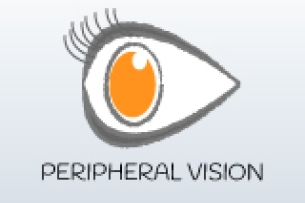Filter & Sort
Math Geek Mom: Let’s Meet at the Flagpole
When I first tried to teach my daughter division, I taught her to ask how many objects she could allocate evenly among a given number of piles of that object. For example, if you wanted to make six piles of marbles, how many marbles would end up in each pile if you began with twenty four marbles? I found myself thinking of this recently, as I remembered frequent carpools for teenage excursions, often heading towards the Southern part of my home state, Connecticut. I would meet up with friends to allocate those of us without cars among a set number of cars driven by friends.
Old Books Contain Stories Hidden Between the Lines
Ancestry By Evidence, Inc., offers to study old libraries for clues to family histories.

Opinion
Apocalypse Later
In the debut of a new column, Peter Stokes, a longtime proponent of higher education innovation, challenges the fascination with "disruption" and urges a focus on improvement and strategy instead.
Lab Groups
In grad school, I openly envied my colleagues in the sciences. It wasn’t the slightly higher stipends or the chance to play with cool toys, as real as both of those were. It was the opportunity to work on a regular basis with a lab group.
2013 EdTech Predictions: An Interview with Adrian Sannier
Adrian Sannier is one of those edtech leaders who is difficult to pigeonhole. An academic working for a big publishing company. A truth-teller operating within a buttoned-down publisher. An idealist operating within the real world of business, profit and loss. Adrian's title at Pearson is Digital Strategist and Senior Vice President of Product - he is the guy behind OpenClass.
Uncertain stories
The evidence that stories are effective and efficient teaching tools is generally based on test results -- improved reading, writing, science and math scores. But in terms of teaching sustainability concepts, stories have an additional advantage. To the extent that they describe real-world (or seemingly real-world, or even imaginably real-world) characters and actions, each story situation is inherently trans-disciplinary.
MLA, Face-to-Face
How being there was in some ways better, some ways worse.
Pagination
Pagination
- 2258
- /
- 3396